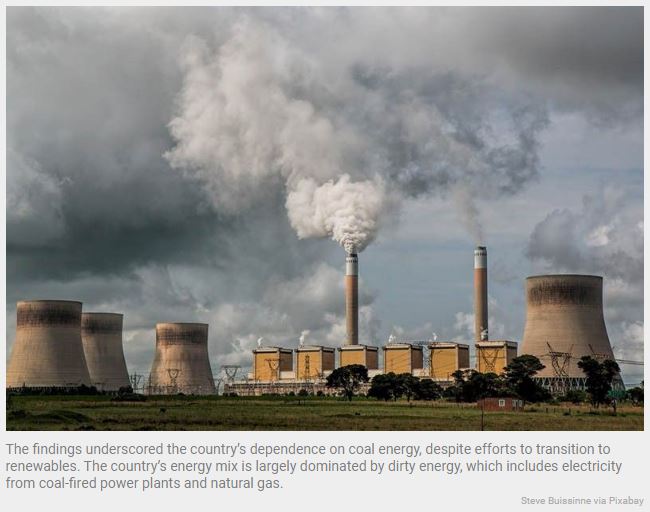‘Philippine commitment to cut coal use not enough to meet climate targets’
MANILA, Philippines — A heady mix of an ongoing moratorium on new coal-fired plants and the Philippines’ inability to quickly wean off dependence on “dirty energy” could backfire and cause the country to miss its climate targets, says a US-based non-governmental organization.
Global Energy Monitor’s annual report on global coal energy use spotlighted that the Philippines ranked sixth across the world in terms of new coal capacity in 2022.
As it is, operational capacity of coal-fired power plants in the country doubled in the past decade, as the report indicated. Annual capacity, on the other hand, is starting to plateau.
Data showed coal-fired power plants in the Philippines are estimated to generate a combined 11,893 megawatts, ranking one of the highest in Southeast Asia.
Global Energy Monitor noted that capacity in pre-construction is already retreating, from 10.1 gigawatts back in 2019 to 1.6 GW last year. That said, they reported that the estimated completion dates for those projects were already moving down since financing for new projects is dissipating and companies are moving away from their coal assets.
Despite this, the national government commissioned a new coal-powered plant, a 1.3 MW unit owned by the Aboitiz Group.
There are also two coal power plants currently in construction. The first is 600 MW plant in Bataan, partly owned by Ang-led SMC Global Power, and a 135 MW unit in Iloilo, under publicly-listed A Brown Co.
The findings underscored the country’s dependence on coal energy, despite efforts to transition to renewables. The country’s energy mix is largely dominated by dirty energy, which includes electricity from coal-fired power plants and natural gas.
The Philippines is looking to boost renewables in its current energy mix, which it hopes will hit 35% share by 2030.
That said, the previous Duterte administration enforced a moratorium on the construction of new coal-fired power plants in 2020. The Marcos Jr. administration affirmed the commitment months after taking power in 2022, as it turned its eyes towards nuclear energy—a pet project of the ousted dictator Ferdinand Marcos Sr.
The ninth iteration of the annual report pointed out that while positive developments came in the past year, as operating and planned coal plants were already waning, ongoing efforts globally were still wanting. Global Energy Monitor noted that countries need to decommission coal plants at a pace 4.5 times faster, as well as restrict new plants from ever getting built, to hit the goal of phasing out coal power by 2040.
“There is no room for new coal power or extending the life of existing plants when the world needs to retire about 117 gigawatts annually,” said Flora Champenois, Global Energy Monitor project manager for the Global Coal Plant Tracker.
Source: https://www.philstar.com/business/2023/04/06/2257335/philippine-commitment-cut-coal-use-not-enough-meet-climate-targets


 English
English




